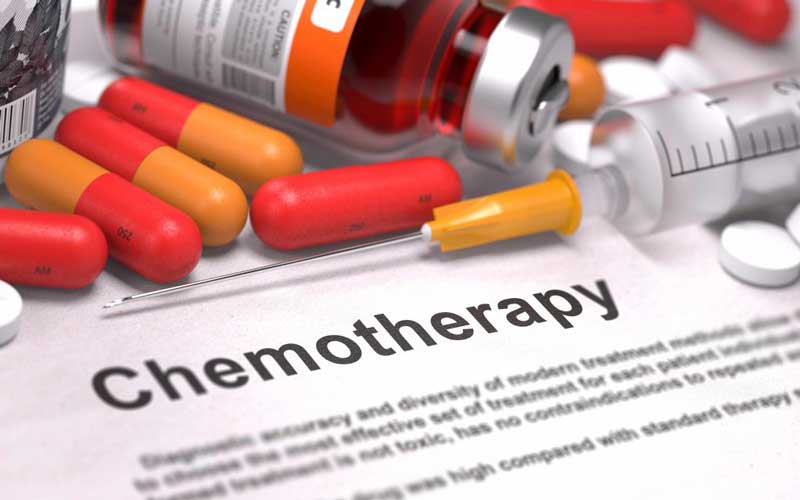×
The Standard e-Paper
Fearless, Trusted News

Cancer in a nutshell is abnormally multiplying cells in the body. Chemotherapy works by killing these rapidly multiplying cells.“But because it is systemic, meaning it goes round the whole body, it also damages normal healthy cells,” says Dr Ahmed Komen, an oncologist at the Aga Khan University Hospital.